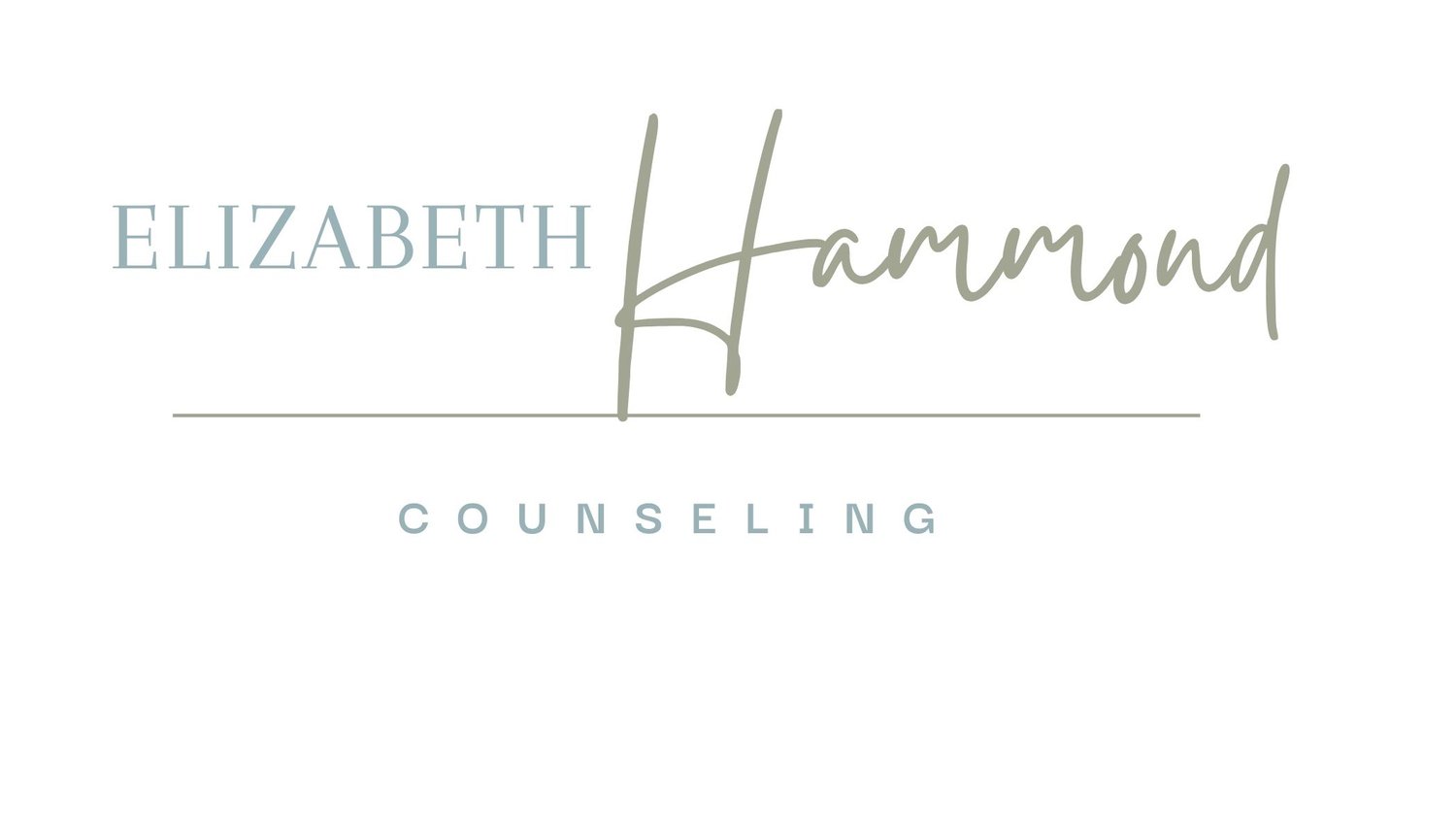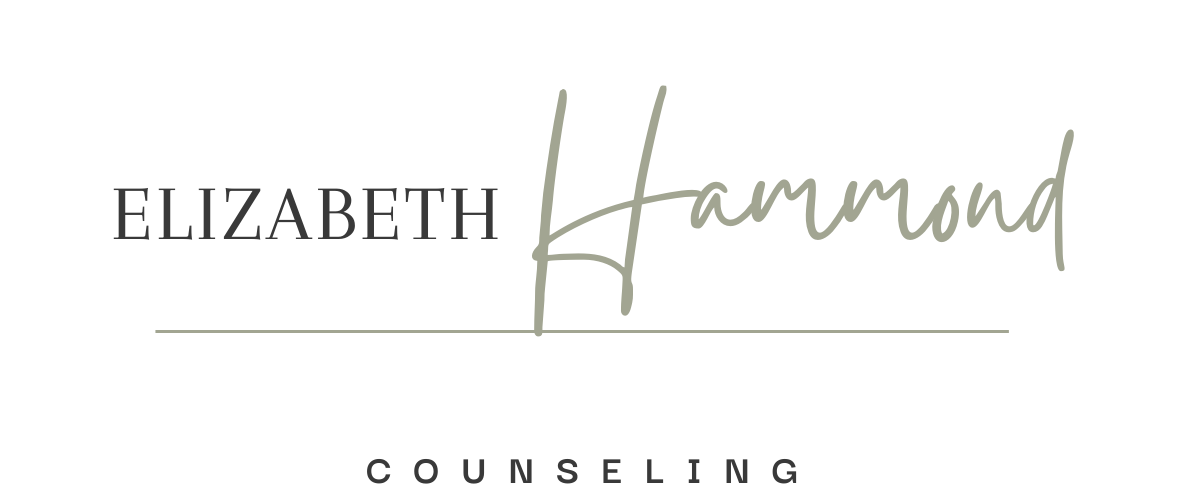It’s time to heal.

Therapy for Eating Disorders in Providence, RI.
Serving MA, RI, VT.
Are you tired of feeling disconnected, anxious, and out of control?
Maybe you…
Learned about eating disorders from a book or social media.
Have been diagnosed by your doctor, or your family and friends have expressed concern.
Are leaving an inpatient or partial program setting.
Regardless of what is bringing you to therapy, you know that you need a therapist who understands that eating disorders are never just about the eating disorder. You need someone who:
• Can help you understand and make peace with your past.
• Can give you tools to manage intense emotions.
• Can support you to find the confidence to reclaim the things that are important to you.
You deserve treatment that recognizes and supports your whole person.
How I can help
Some eating disorder providers only focus on the eating disorder treatment, emphasizing exposure therapy and nutrition plans.
Other therapists may not be knowledgeable about the complex factors around eating disorders and unintentionally cause harm.
My treatment approach is different because it focuses on the ways eating disorders prevent people from feeling present and connected in their bodies. I emphasize reconnecting my clients with their internal wisdom so they can understand their emotions, feel present, and live life on their terms.
I’ll help you through this process, tailoring each step to your unique needs and circumstances. My approach to eating disorder treatment comes from a place of healing: I believe you can find the root cause of your eating disorder and face it head on.
Frequently Asked Questions
-
I have experience treating clients with Anorexia Nervosa, Bulimia Nervosa, Binge Eating Disorder, Avoidant/Restrictive Food Intake Disorder (ARFID), and Unspecified or Not Otherwise Specified Eating Disorders.
-
Eating disorder behaviors show up differently for different people, and I believe anyone who is questioning their relationship with food deserves support. However, the EAT-26 is a good self assessment for your relationship with food and your body. You can complete that assessment here
-
Absolutely you can. Eating Disorders are about behaviors, not weight. The BMI has typically been used as the measure of “healthy” vs. “unhealthy” weight, which is deeply flawed and harmful to people in larger bodies, people in BIPOC communities, and people who are disabled. You can read more about the harms of the BMI in eating disorder diagnosis here
-
You can read more about LGBTQIA+ treatment here.


